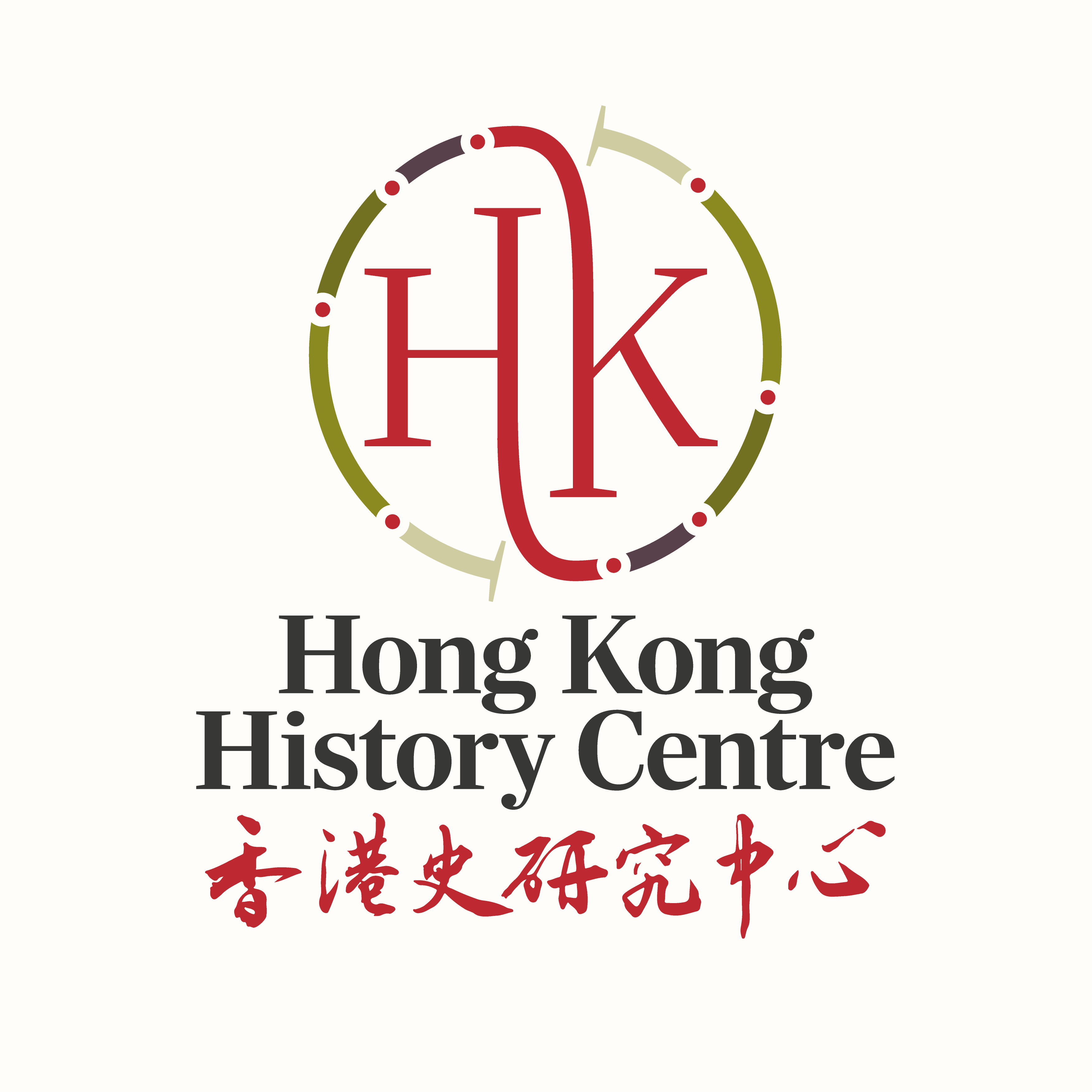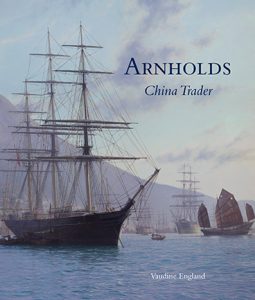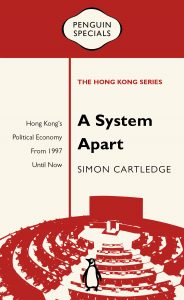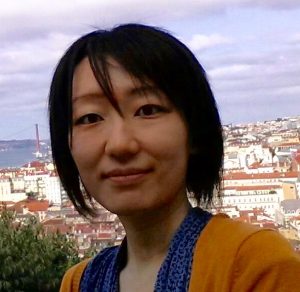Showing 21-30 of 37 items

This week our guest writer is Reynold Tsang, MPhil student at the University of Hong Kong. Born and raised in Hong Kong, Reynold shares with us his research on the development of museums in late colonial Hong Kong, and how such research informs us about various aspects of the city's history. Thanks to the colourful history comic books from public libraries and various historically themed video games, I developed

Sorry that it took us a while to resume our publishing routine! This week we have Bristol’s very own Thomas M. Larkin to tell us his fascinating research. Supported by the Augustine Heard Studentship within the Hong Kong History Project at University of Bristol, Thomas works on Anglo-American relations in 19th century China, and aims to find out how trade competition between the two communities influenced the development of Hong

一則來自英國布里斯托大學歷史系博士候選人李啟雋(Katon Lee)有關口述訪問的信息: 您好!我正埋首於有關1950至80年代香港華人西裝文化的研究。如果您(或您的親朋好友)知道有關香港裁縫、裁縫商店的故事,或曾在港訂造西裝,我誠邀您與我分享您的寶貴故事。我現身處香港,可與您在港見面傾談,如不方便會面,亦可透過Skype以網上訪問。 如對我的研究有任何疑問,歡迎發電郵至katon.lee@bristol.ac.uk。期待您的分享和回覆! This week we have a message from Katon Lee, history PhD student at the University of Bristol, seeking oral history interviewees for his research: Hi all, I am currently doing a project about Hong Kong suit culture. My project aims to use suits as a case study to reveal the reshaping of Chinese society and culture under colonial influence from the 1950s to the 1980s. I

BY VAUDINE ENGLAND At first glance, a history of a company best known for selling building products, especially sanitary ware, might seem a little dull. This was not a big name like Jardines or Swires; not even Dodwells or Gibb Livingston. This was Arnhold & Company. Looking back at the nineteenth century you won’t even find such a firm, but you will find Arnhold, Karberg & Co, and indeed, they

'A System Apart? Hong Kong's Political Economy from 1997' by Simon Cartledge 1 February 2018, 6-7 pm Venue: LT2, Arts Complex, University of Bristol Since 1997, Hong Kong's economic growth rate has dropped sharply, inequality has increased, and corruption has found its way to the highest levels of government. These changes can in good part be attributed to the city's 'pro-business' constitution, which has held back change and led to

Kaori Abe is a former postdoctoral fellow of Nanyang Technological University, Singapore, and has a PhD in History from the University of Bristol. Her main research areas are the history of Hong Kong, modern China and the British Empire in the nineteenth and twentieth centuries. Don't forget to check out her book Chinese Middlemen in Hong Kong's Colonial Economy, 1830–1890 if you're interested in her fascinating research on compradors in Hong Kong!

This week we have Dr. Edward Vickers of Kyushu University reflecting on the History of Education in Hong Kong. The History of Education in Hong Kong - a bibliographical note by Edward Vickers The politics of education in Hong Kong has attracted headlines in recent years, especially since the 2012 controversy over plans to introduce a new Moral and National Education school subject. The resulting furore launched the political careers

The Project is delighted to have Dr. Christopher Munn to be our interviewee this week. A former administrative officer in the Hong Kong Government 1980-1992, and a staff member of the Hong Kong Monetary Authority 1998-2010, Dr. Munn has published extensively on Hong Kong History. In particular, his book Anglo-China: Chinese People and British Rule in Hong Kong, 1841-1880 sheds light on how colonial governance affected the lives of people in early British Hong

Call for Papers Challenges in the study of Hong Kong History: Postgraduate Workshop at the University of Bristol, January 2018 The Hong Kong History Project at the University of Bristol is pleased to announce that the second Postgraduate Workshop will take place on January 11-12, 2018. The workshop welcomes postgraduate students and early career scholars working on Hong Kong history and related disciplines in the UK and overseas, and provides

Nele Fabian is a PhD candidate in Chinese History at Ruhr-Universität Bochum, Faculty of East Asian Studies, in Germany with a thesis on the “Social and Cultural Dimensions of Waste Treatment in Chinese Cities in the Nineteenth and Twentieth Centuries”. Her research focuses on modern Chinese environmental history, urban social history, and the history of insurances in China. In this post Nele kindly shares with us her way into the fascinating